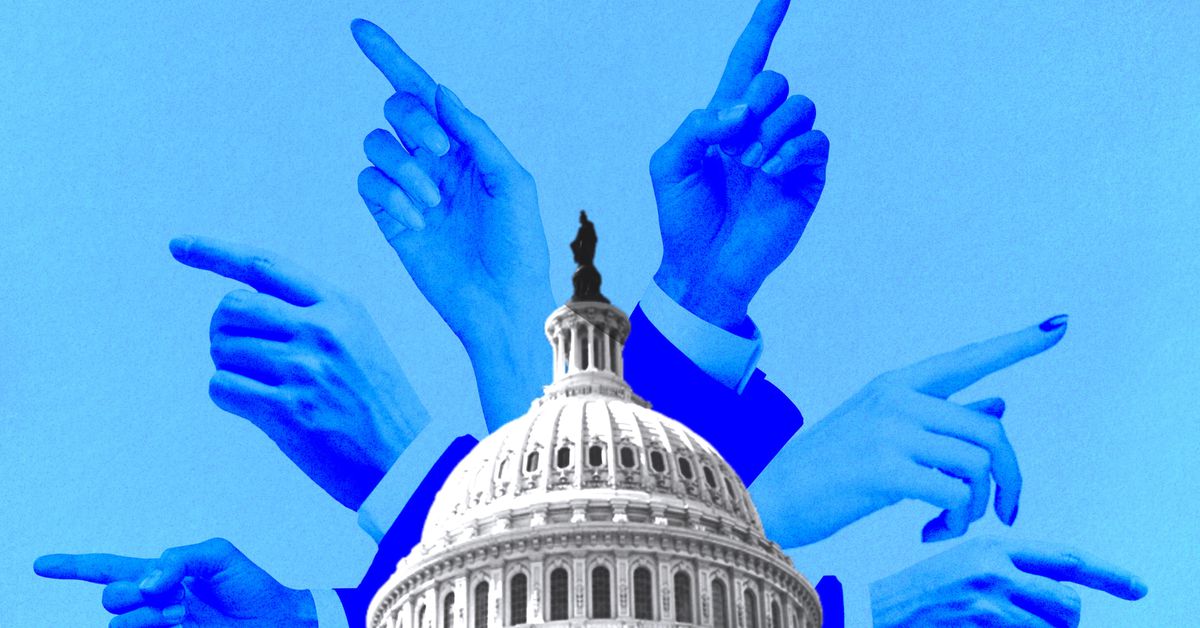
Recently, the National Payments Corporation of India (NPCI) put out a job opportunity on LinkedIn and invited applications from senior blockchain executives with a proven track record of implementing blockchain projects. NPCI offers various instant payment solutions in collaboration with nearly 250 banking institutions in India. It works under the banking sector regulator, the Reserve Bank of India (RBI).
One of the most popular NPCI products is the Unified Payment Interface (UPI). The credit for making India a world leader in digital payments goes to UPI and NPCI. Nearly 40% of digital payments worldwide take place in India, and UPI plays a significant role in this. But UPI is a loss-making business for all the 250-odd banking institutions participating in it. Mastercard’s CFO, Sachin Mehra, said this to Indian media recently. He also asserted that in comparison to NPCI’s UPI, Mastercard’s debit and credit products are profitable propositions. If this is a reality, can India do chest-thumping over UPI?
Mastercard, Visa, American Express, and SWIFT are global payment systems that unite the world by providing seamless payment solutions. However, with rapid economic development and the inclusion of a new population in the banking and financial system, these organizations need help to cope with the additional world load with the existing infrastructure. They have been working to replace or replenish their payment infrastructures that cannot deliver on the need for faster and cheaper money transfers.
Even today, it costs anything from 5% to 25% to transfer your money from one country to another, while the same can be done at no cost inside the country. There needs to be a more fluid interoperability of the payment systems, and the banking industry must ensure this.
What are the solutions available? Blockchain company Ripple Labs is a front-runner in providing the replacement. It ties up with banks and financial institutions and offers instant money transfer services on their behalf. Ripple is so sure about its business proposition that it doesn’t care to be a Bitcoin or Altcoin maximalist. It can work with any system, even CBDC (Central Bank Digital Currency).
Ripple is closely linked to CBDC projects in several countries, and both Mastercard and Visa are trying to catch up with Ripple Labs. What about NPCI? Well, rumours have it that RBI’s CBDC or e-rupee project is powered by none other than Ripple Labs, which too had posted a Job Opportunity on LinkedIn last year to hire a blockchain senior executive who could steer its CBDC business with a regional office in Bengaluru. These things should have been revealed or discussed openly.
But time is ticking for Indian banking, which would bleed but stay steadfast with UPI while other global payment systems such as Mastercard, Visa, Swift, and Ripple are leveraging new technologies and collaborating with new partners to build a replacement that holds good for the next 25 years, or so.
Is the NPCI’s initiative to recruit some blockchain experts a step in the same direction as its global peers and find a way out of the cul-de-sac? Ripple is one of many blockchain companies with the right technology at the right time. There are hundreds of others, and the space is still evolving, where blockchain faces tough competition from solutions emanating from artificial intelligence (AI). The proper course of action would be to allow free competition among the private players in this space.
Let’s consider this: hundreds of blockchain companies and brands in India offer global payment services. Let there be free competition and let the market grow. To keep the UPI going, hundreds of banks are under stress, while similar services offered by the private sector can earn these banks revenues. What are banking institutions if they are not for profit? How would they sustain and continue?
If we don’t make the right decisions, India will continue to be a market for global players. It will not be in the driver’s seat. The recently concluded G20 Leaders’ summit could not reach a consensus on the global approach to cryptocurrencies. In their synthesis report, the Financial Stability Board (FSB) and the International Monetary Fund (IMF) said banning cryptocurrencies would be ineffective. What choices are left then if not bringing legislation to regulate them? (IPA Service)
The post Push For Global Approach To Crypto Fizzles Out, Legislation Is A Must Now first appeared on Latest India news, analysis and reports on IPA Newspack.


